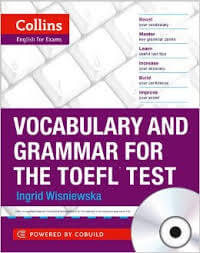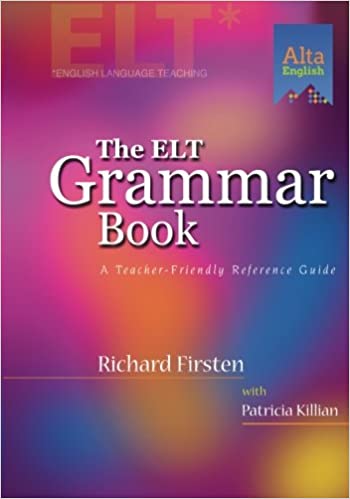(NOTE: The TOEFL books that Magoosh reviews and recommends reflect the older, pre-August 2019 version of the test. As of this writing, there are no TOEFL prep books that reflect the newest version of the test. Fortunately, older-format books are still very useful in prepping for the current TOEFL. For details on this, see Magoosh’s tutorial on using older prep for the 2019 TOEFL.)
Grade: A
 Too often, students study vocabulary as if they are trying to memorize dictionaries. Simply knowing the definition of a word is not the same as truly learning the word, because it doesn’t mean you can use the word correctly. And although there are some questions that just ask for a synonym in the reading section, the TOEFL is mostly a test of vocabulary in use. Knowing what words mean when you read them or hear them is a big help, but you should also know how to use the words yourself for the speaking and writing sections of the test. The same is true of grammar: you have to actually use the correct grammar in your responses, not just know the rules.
Too often, students study vocabulary as if they are trying to memorize dictionaries. Simply knowing the definition of a word is not the same as truly learning the word, because it doesn’t mean you can use the word correctly. And although there are some questions that just ask for a synonym in the reading section, the TOEFL is mostly a test of vocabulary in use. Knowing what words mean when you read them or hear them is a big help, but you should also know how to use the words yourself for the speaking and writing sections of the test. The same is true of grammar: you have to actually use the correct grammar in your responses, not just know the rules.
That’s why I really like Collins’ Vocabulary and Grammar for the TOEFL Test. This is the first vocabulary and grammar book I’ve found that not only gives definitions, explanations, example sentences, and basic fill-in-the-blank exercises, but also includes exercises that mimic every part of the TOEFL.
Note, for instance, that this book comes with a CD. Why? Because there are lectures and conversations on it. And more importantly, those lectures and conversations actually sound like what you hear on the TOEFL. Then, in the book, you have listening, speaking, and writing questions on those recordings. But the goal is not to practice taking the TOEFL, exactly; the goal is to improve vocabulary and grammar. So all of the words from the word lists are in those lectures, conversations, texts, and multiple choice questions. That way, you get to see the same word again and again in natural, native usage, and then you can imitate that usage in your spoken and written responses. This is exactly what a you should do to improve your academic vocabulary!
The words that are used in this book are almost all appropriate, too—unlike the words in McGraw-Hill’s 400 Must-Have Words for the TOEFL, for one. That’s partially because Collins’ book draws words from Averil Coxhead’s Academic Word List, which is the best source of common academic words. But only a fraction of the words in this book are from that list; the others are chosen based on the topics that most often appear on the TOEFL, such as history and animal behavior. And those words are almost all TOEFL-appropriate. There are a few, such as “electron” and “removable media” that aren’t really helpful, but 95% of vocabulary in this book consists of words you should know before you take the TOEFL, because the chapter themes are very similar to the topics that are actually on the TOEFL.
The grammar is also explicitly connected to the test. Why, for example, should you study reported speech? The book makes it clear: your first essay task on the TOEFL requires you to summarize a professor’s lecture. Reporting speech is a core skill for an essay like that!
Of course, Vocabulary and Grammar for the TOEFL Test isn’t perfect. Some of the vocabulary and grammar will be too easy for advanced students. But this isn’t a large problem—review never hurts. Besides that, the test-like practice material is not a substitute for real test practice. In Collins’ book, the lectures and texts are much shorter than they are on the real TOEFL, so timing and note-taking aren’t as important. But if you use this material as vocabulary and grammar practice, specifically, that doesn’t matter too much. In other words, this book is a supplement to your TOEFL preparation. You cannot prepare with this book alone. And finally, it is a bit short. There are around 300 words in this book, for instance. Magoosh’s free TOEFL vocabulary flashcards have 600 words, and they are on average even more relevant to the TOEFL. But you could still use both, since the exercises in this book work well to help you remember words you’ve learned in the flashcards.
If you need to improve your vocabulary and grammar for the TOEFL, or if you are teaching or tutoring the TOEFL, I highly recommend this book!





